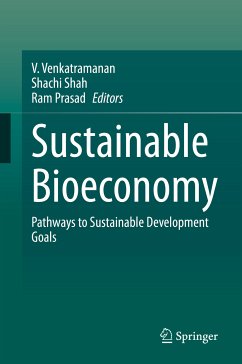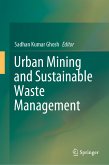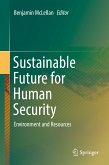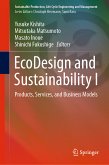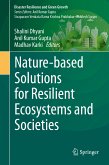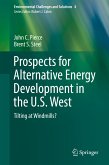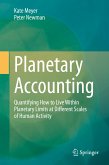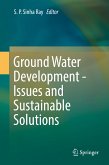Sustainable development is the most important challenge facing humanity in the 21
st century. The global economic growth in the recent past has indeed exhibited marked progress in many countries. Nevertheless, the issues of income disparity, poverty, gender gaps, and malnutrition are not uncommon in the global landscape, in spite of the upward growth of the economy and technological advances. This grim picture is further exacerbated by our growing human population, unmindful resource use, ever-increasing consumption trends, and changing climate. In order to protect humanity and preserve the planet, the United Nations issued the "2030 agenda for sustainable development," which includes but is not limited to sustainable production and consumption practices, e.g. in a sustainable bioeconomy. The hallmark of the sustainable bioeconomy is a paradigm shift from a fossil-fuel-based economy to a biological-based one, which is driven by the virtues of sustainability, efficient utilization of resources, and "circular economy." As the sustainable bioeconomy is based on the efficient utilization of biological resources and societal transformations, it holds the immense potential to achieve the UN's Sustainable Development Goals. This book shares valuable insights into the linkages between the sustainable bioeconomy and Sustainable Development Goals, making it an essential read for policymakers, researchers and students of environmental studies.
Dieser Download kann aus rechtlichen Gründen nur mit Rechnungsadresse in A, B, BG, CY, CZ, D, DK, EW, E, FIN, F, GR, HR, H, IRL, I, LT, L, LR, M, NL, PL, P, R, S, SLO, SK ausgeliefert werden.

